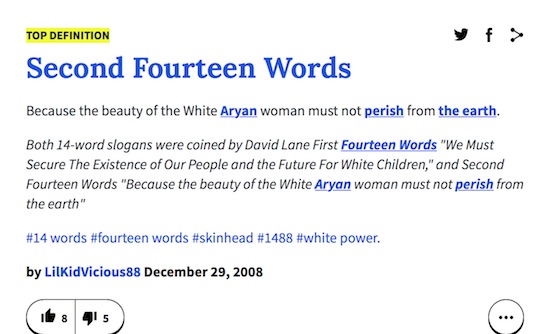
It might seem like I pick on Derek a fair bit. He did piss me off, when he started posting under his full, legal name; but, in the end, I suspected he might be too valuable to run off. I wasn’t wrong. He consistently brings up interesting stuff, and his comments of yesterday are excuse enough for me to segue into a discussion of what I think atheism is, and isn’t.
Derek writes:
I see we are going to be distracted by the meanings of words again. Indeed, atheism is a proposition, or more accurately a set of various independent propositions. One such proposition is the following: “I know that there is no God.” There are others of various formulations, but those that can be distinguished from agnosticism are logically incoherent. Some are outright self-refuting. If you don’t find them to be such, I’ll just leave you to that.
Derek is a computer scientist who is also a Christian priest. For him to have such a shallow understanding of atheism (not to mention of propositional logic) is a bit off-putting. I believe he’s being jocular with this nonsense, but even if that’s true, he’s the best kind of troll.
One might be tempted to see ‘atheism’ as a long set of conjoined propositions, one of which declares that no gods exist. This is not a very coherent definition. For one thing, there exists no accepted definition of “god”. For polytheists, who worship multiple gods (and I count Christians in this category) omniscience and omnipresence are out. Jesus, for example, begged his father to save him from death. Taking the text at face value suggests that while Christians view Jesus as a god, he is less powerful than his father. He also didn’t know, for sure, what was going to transpire the next day. The Christian goddess Mary needed comfort from the angel who announced that she was going to give birth — and rightly so. It probably seemed to that young girl that she was going to be cast out of the tribe as a skank-ho single mom. The Hebrews didn’t go for that shit.
Who is cooler or more powerful: Wotan or Thor? Can Zeus catch Apollo in a foot race? No one knows.
So, given that we can’t really define what a god is, it’s difficult for an atheist to declare that he knows such indefinite characters don’t exist, someplace in the universe. Lots of things might exist: Superman, the present king of France, three-eyed fish in the cooling pond near Springfield’s reactor.
It’s also difficult to pinpoint existence. Does Superman exist? It seems like he doesn’t. Yet, he has a particular set of properties that seem to be true. If I say “Superman wears a cape,” I think that’s right. If I declare that “unicorns have one horn,” that seems to be an analytic truth, even if the signified is empty. A philosopher named Meinong set all this stuff down in a paper, a long time ago, arguing for the existence of every possible object. Well, maybe not existence. Perhaps persistence is the right word.
Linsky and Zalta are a couple of logicians who argue for the possibility of a God who is neither abstract nor concrete. Their paper is dense and technical, but I’ve hosted it locally. It seems to me that one could make the case for the non-existence but possible persistence of such a God. Meillassoux argues for a speculative realism, which allows for the atheist, who is sure that there exists no God, to entertain the possibility that a God might pop into existence, at some point in the future, and start telling us all what’s what. Why couldn’t such things happen? There are no universal laws that declare that the universe needs to suit us.






 So, this morning, a new slut hit me up on one of the dating sites. She told me her name, said she was a nurse who was having a hard time meeting folks in our town due to shift-work. She seemed eager, and told me that she was down to fuck, and her photos looked presentable. In keeping with protocol, I balked at inviting her to my house without a public meeting. She invited me to a place I knew, on my side of town, and offered to pay for my coffee, which was a nice touch.
So, this morning, a new slut hit me up on one of the dating sites. She told me her name, said she was a nurse who was having a hard time meeting folks in our town due to shift-work. She seemed eager, and told me that she was down to fuck, and her photos looked presentable. In keeping with protocol, I balked at inviting her to my house without a public meeting. She invited me to a place I knew, on my side of town, and offered to pay for my coffee, which was a nice touch.












